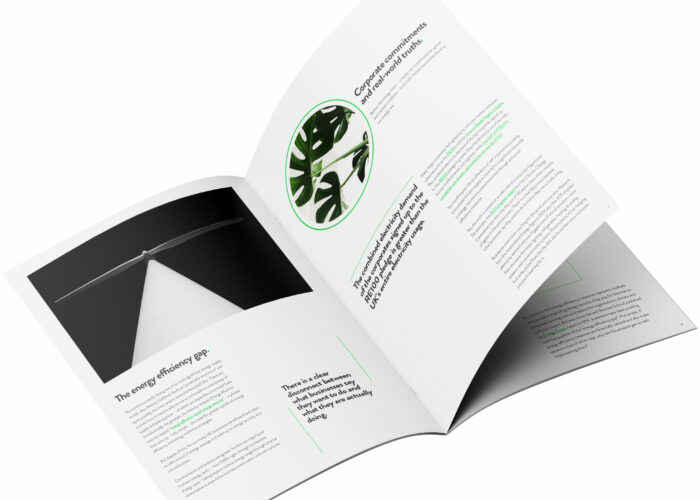The UK’s encouraging fiscal position provides Chancellor Hammond with more room for manoeuvre in his upcoming autumn statement.
Breakthrough? The US and Mexico have agreed a bilateral trade deal but Canada has not signed up. The two sides agreed on stricter rules for Mexican exports to the US but details are sparse. This bilateral agreement lasts 16 years but can be reviewed every 6 years. NAFTA could be a thing of the past as the US shifts away from multi-lateral trade deals. Indeed, US/China trade tensions show no signs of easing. Quite the opposite.
On track. Judging by the latest Fed minutes (for the 1 August meeting), another modest tightening is likely in September. US growth remains strong, driven by consumer spending and business investment, and the Fed is increasingly confident that the 2% inflation target will be achieved. Rising trade tensions pose a downside risk to the US economy but domestic factors continue to drive monetary policy. All this suggests the Fed will maintain its gradual tightening stance in the coming months as it heads towards a neutral stance.
“S’all good, man”. The events at Jackson Hole, an annual symposium for central bankers, are best understood with this reference from Breaking Bad. And this was the very tone set by the Fed Chairman Jerome Powell when he cemented expectations for a September rate hike and alluded to another possible hike in December (a 60% probability). With robust household and business confidence, steady job creation, rising incomes, and fiscal stimulus arriving, Powell believes this strong performance in US will continue. The Fed Chief also noted that inflation is around the Fed’s 2% goal with no elevated risk of overheating.
Ahead. 2018 has been a story of softening growth in the euro zone with the region’s PMI falling sharply through the first half of the year. But the ship seems to have steadied in Q3. The region’s composite PMI, covering private sector service and manufacturing activity (i.e the vast majority of the economy), came in at 54.4 for August, practically unchanged from July. And Germany’s and France’s readings hit a six and four-month high respectively. But the region’s businesses are still a little concerned. Future expectations hit a 23-month low on signs of cooling demand, higher prices and rising political concerns.
Reason for cheer? On 20 August Greece exited the third bailout programme. The bailouts lasted over 8 years and added almost €300bn to the government’s balance sheet. Austerity imposed by the creditors’ conditions was so severe that the IMF changed its position, admitting it was hurting the economy. The upshot is that GDP has fallen by a quarter, unemployment is over 20% and public debt stands at 180% of GDP. Indeed, there is no end in sight to continued fiscal pain – according to the rules of the bailout funding, Greece is required to run a primary budget surplus for the next 40 years. So despite undeniable good news the celebrations are going to be subdued.
Turning adversity into advantage. Profitability of UK firms rose by a slim margin to 12.6% in Q1-2018 (vs. 12.5% in Q4-2017). A harsh winter and rising oil prices helped UK continental shelf companies to, single handily, outweigh the drag from weaker manufacturing and services sectors. Despite the current slowdown in net returns, the manufacturing sector is doing reasonably well, thanks largely to the beneficial impact of a weaker pound on external demand. The only component with no cheer was services, which slipped to its lowest reading in five years!
Pull up your stocks! The UK’s net capital stock stood at £4.6 trillion at the end of 2017, an annual rise of 1.1%. This growth was subdued compared to the pre-crisis average of 2% and the post-crisis (2010-16) average of 1.3%. What has caused this apparent investment caution? It may be Brexit-related with uncertainty dampening business confidence, reining in investments. Or with a lion share of the net stock, dwellings’ lukewarm 0.4% rise also limited the overall growth. Offsetting these disappointments, the services sector “served” the economy well, accounting for 86% of this year’s rise in investment!



